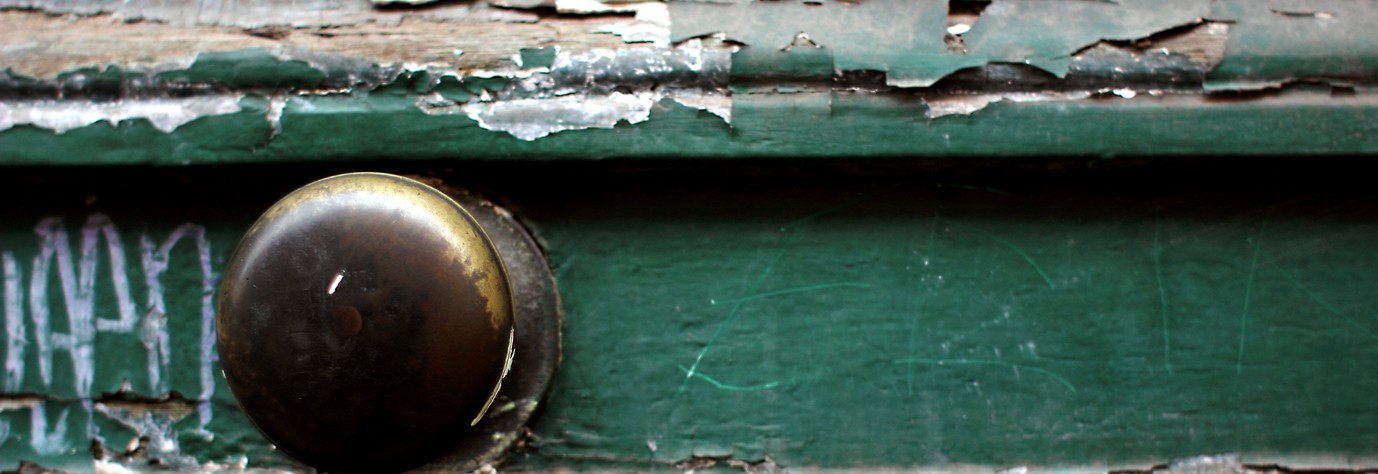SINOSSI (english below)
CASA NOSTRA – Documentario di Livia Parisi e Lucilla Castellano (Ita, 2014, 60′) – C’era una volta una scuola abbandonata in via delle Acacie, a Centocelle, periferia est di Roma. Ora ci vivono 48 famiglie con oltre 60 bambini e le classi sono state trasformate in appartamenti, arredati con tanta cura da farne un’occupazione modello. I “senzatetto” che ci abitano non sono i barboni, ma lavoratori precari, studenti, immigrati e anche pensionati, che non riescono ad arrivare a fine mese. Ma le aule per ospitarli non bastano più. Per questo il Comitato popolare di Lotta per la casa, sotto la guida di Pina Vitale, da’ il via ad una mobilitazione per ottenere nuovi spazi sfitti da rendere abitabili. Dopo notti in strada con le tende e l’occupazione simbolica di una Basilica, arriva la conquista dello spazio prescelto: la scuola Hertz, in via Tuscolana 1113. Dopo averla ripulita, le aule iniziano ad assumere le sembianze di appartamenti.
Intanto la pancia di Silvia, una delle occupanti, continua a crescere: aspetta un bimbo. Occupare però non è una passeggiata, tra convivenze non semplici, mancanza di intimità, poca partecipazione alle attività collettive. Così dal riso si passa facilmente alla discussione, anche questa collettiva, come lo sono le feste comandate e le celebrazioni, la più importante quella del 25 aprile. E mentre per le istituzioni resta “illegale”, il progetto di autocostruzione viene presentato ad un convegno presso il Parlamento Europeo, “in quanto esempio di riutilizzo di spazi abbandonati e modalità concreta per superare il problema abitativo”.
Quando ormai la scuola ospita 23 famiglie e il film è finito…qualcosa interviene a mettere tutto in discussione. Una mattina gli occupanti si svegliano con la polizia dentro casa. Un’inchiesta penale è in corso, 40 gli indagati e 15 le richieste di misure cautelari. La scuola Hertz e quella di via delle Acacie vengono sgomberate. Pesantissime le accuse: associazione a delinquere, estorsione, minacce. Le indagini sono tuttora in corso.
SCHEDA TECNICA
Regia: Livia Parisi
Immagini: Livia Parisi
Montaggio: Lucilla Castellano
Durata: 60′
Lingua: italiano
Anno: 2014
Produzione: indipendente
Musiche: Pierfrancesco Cacace e Sergio Serafini
SYNOPSIS
Our Home – Documentary by Livia Parisi and Lucilla Castellano (Ita, 2014, 60′) – In the multi-ethnic building of Acacie Street, in Rome, live more than 48 families with 60 children. To see the care with which it was furnished, no one would say that it was an abandoned school. The “homeless” who have decided to occupy it are not bums, but temporary workers, students, immigrants, and even retirees, who can not make ends meet. But not enough classrooms to accommodate them. For this reason, the ‘Popular Committee of Struggle for the home’, start a mobilization to get new vacancy rates to make them habitable for homeless. After a night in the street with tents and the symbolic occupation of a basilica, comes the conquest of the school Hertz, in Tuscolana Street 1113. Once cleaned, the classrooms are starting to take the form of apartments.
Meanwhile, the belly of Silvia, one of the occupants, continues to grow: she’sexpecting a baby. Occupy, however, is not a walk. So the rice is passed easily to the discussion. And as for the institutions remain “illegal”, the project of self-construction is presented at the European Parliament, “as an example of re-use of abandoned spaces and concrete way to overcome the housing problem.”
When the film is finished… something arrives to put everything into question. One morning the occupants wake up with the police inside the house. A criminal investigation is ongoing, 40 suspects and 15 requests for precautionary measures. The school Hertz and that of the Acacie are cleared away. Heavy charges: conspiracy, extortion, threats. The investigation is still ongoing.
TECHNICAL DETAILS
Direction: Livia Parisi
Shooting: Livia Parisi
Editing: Lucilla Castellano
Lifespan: 60′
Language: italiano
Year: 2014
Production: indipendente
Musics: Pierfrancesco Cacace e Sergio Serafini
